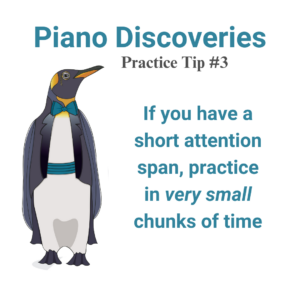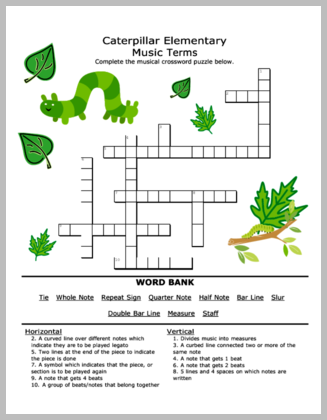 If you have a short attention span, then it is best to practice in very small chunks of time, multiple times. Set a very small immediate goal and only do that one thing, with full focus and attention. And then take a break. Once you have your wiggles out and a chance for your brain to take a break, set another very small immediate goal and do only that one thing with full focus and attention. Then take another break.
If you have a short attention span, then it is best to practice in very small chunks of time, multiple times. Set a very small immediate goal and only do that one thing, with full focus and attention. And then take a break. Once you have your wiggles out and a chance for your brain to take a break, set another very small immediate goal and do only that one thing with full focus and attention. Then take another break.
Break up your practice time into very small, achievable, chunks of time, that when added all together still provide a solid practice session.
For one example, try something like this:
- Set a goal: practice measure 4-8 going very slowly, counting out loud and making sure all notes are correct.
- Then mentally and emotionally prepare yourself to do only that much. Take a few deep breaths. Remember you will get a break after this goal.
- Practice measure 4-8 as outlined above.
- Take a break. Move around, stand up, stretch. Take some deep breaths. Use a fidget spinner or other sensory outlet. Breathe a bit more. Swing your arms. Emotionally prepare for the next practice round.
- Practice measure 4-8 as outlined above.
- Take a break.
- Etc.
If you get measures 4-8 comfortable at a slow tempo, then increase the tempo in the next very small practice goal. Or, work on the next 4 measures very slowly. Or, work on the dynamics or tone quality or voicing within measures 4-8. Or choose another small goal of this type.
Remember, quality practicing is far superior to quantity (time) practicing!
When you’re all done practicing, consider giving yourself a reward — a computer game, or go to the park with a friend, or paint, or watch a favorite TV show, etc. Practicing can be challenging when you have a short attention span, but you can still be successful! Be proud of the work that you did and reward yourself for a job well done!
